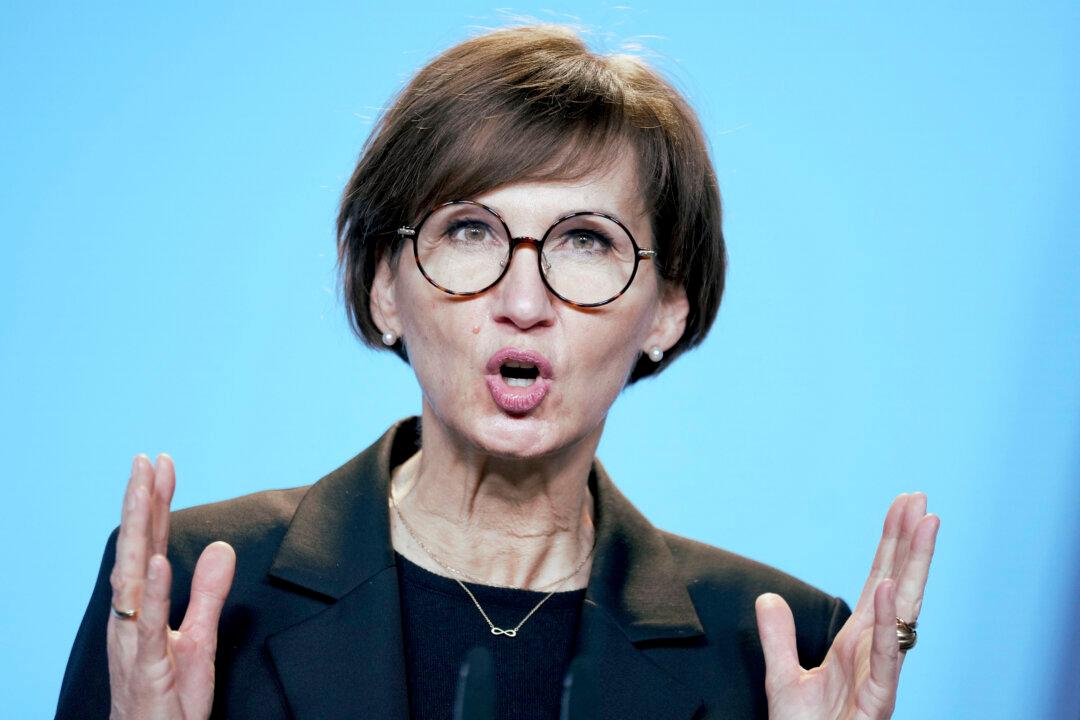Germany will send its federal minister to visit Taiwan next week for talks on research cooperation, an official said on Friday, marking the first high-level visit by a German minister to Taiwan in over two decades.
Education and Research Minister Bettina Stark-Watzinger will meet with Taiwanese officials during her two-day trip to Taiwan to discuss expanding cooperation in chip research, green hydrogen, and batteries, a ministry spokesperson said.





